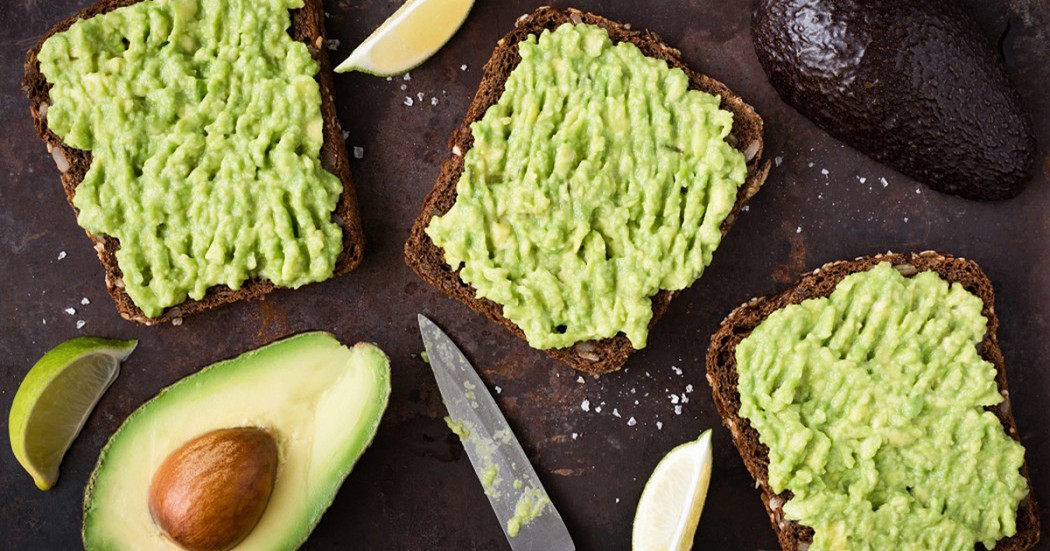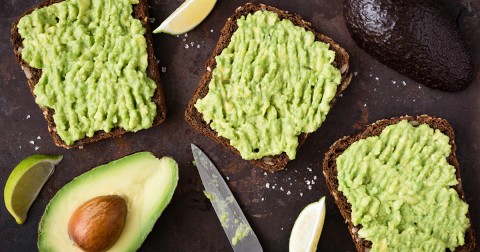What to Know About Snacking

Nourishing our bodies by snacking with healthy foods can keep us energized throughout the day, prevent overeating at meals and help us avoid the nutrient-poor foods that tend to be around like cake and donuts.
A nutrient-rich snack can boost energy between meals and keep our minds sharp!
When we go too long without eating, our blood sugars drop which can lead to overeating or selecting convenience foods which may be low in fiber and vitamins/minerals and high in sugar, sodium and saturated fat.
I always recommend packing snacks ahead of time or stocking your drawer at work with healthy snack options that are easy to go grab-and-go. Oh, and don’t forget your 8-ounce glass of water, which is ESSENTIAL!
Here are some of my favorite snacks right now:
> One serving of plain Greek yogurt with ½ banana or sliced strawberries and one ounce of slivered almonds. Greek yogurt is higher in protein and choosing plain allows you to control the amount of sugar added like a drizzle of honey.
> A slice of 100% whole wheat toast with a 3-ounce oil-packed tuna. Using oil-packed helps you skip the mayo while still getting the good fats; monounsaturated fat from the olive oil and the polyunsaturated fat from the tuna. This one is also great with a ¼ avocado smashed on top
> ½ cup of hummus with sliced hard-boiled egg on top served with cut veggies or one serving of whole-wheat pita crackers. Add herbs and spices for a flavor twist throughout the week like oregano and basil for a pizza flavor.
> 1 medium-sized apple, sprinkle of cinnamon and one-two tablespoons of no added sugar peanut butter. Peanut butter provides both protein and good fat!
> 1 serving of leftovers from that great grilled chicken and veggie dinner from last night.
What snacks will keep someone full?
Look for snacks that have a combination of lean protein, high-fiber carbohydrates and healthy fats. Carbohydrates fuel our bodies and minds. Selecting fiber-rich options like 100 percent whole wheat bread or whole fruits will keep us feeling fuller longer, compared to refined products like white bread, juice and cake. Because protein breaks down more slowly in the body, pairing protein-rich foods like nuts/seeds, low sodium cottage cheese or low sodium turkey breast also makes our mid-day snack last longer. Adding “good” fats like a drizzle of olive oil or ¼- ½ avocado adds nutrient-dense calories without adding a lot of saturated or trans-fats. Lastly, thirst can masquerade as hunger so make sure you are staying hydrated throughout the day with unsweetened zero-calorie beverages like water!
What should a person never snack on?
I am reluctant to say never because even foods we want to limit or avoid can make an appearance and that is still okay. However, foods that are spoiled, if you have food allergy or intolerance or foods that have been out of fridge for more than four hours and are not reheated properly should not be eaten.
The right calorie amount for a snack depends on your total number of calories needed per day. Try to keep snacks around 200-400 calories per snack. And remember, coffee and high sugar foods can leave you crashing later so skip the mocha and donut and reach for the glass of water, fruit and handful of trail-mix instead.
Information provided by Laura Maron, Registered Dietitian.





